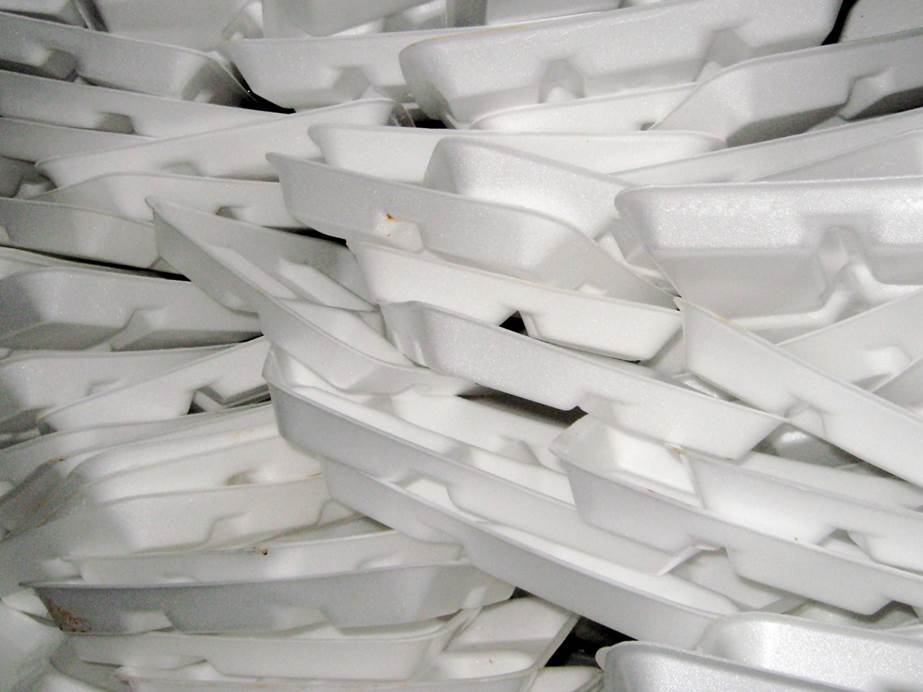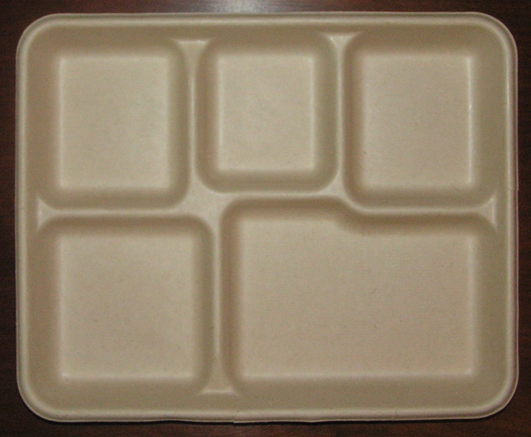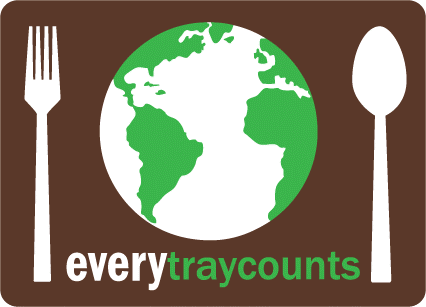EVERY TRAY COUNTS
Thank you for your interest in Every Tray Counts!
The organization is currently transitioning to become a state program under the North Carolina Department of Environmental Quality.
The Recycling and Materials Management Section (RMMS) will relaunch the program in 2024. Thank you for your patience during this time. For more information and to be kept in the loop about this transition please visit our contact page!
Polystyrene Trays

Photo by Debbie Lee Cohen
Our Compostable Trays

What is Polystyrene?
Polystyrene, commonly referred to by the brand name Styrofoam, is a petroleum-based plastic. Expanded polystyrene foam (EPS) is a plastic material that has been injected with chemicals to make it much lighter than its pre-injected form. It is commonly used to make lunch trays, cups, and plates. Styrene, pentane, and benzene are the main chemical ingredients in polystyrene lunch trays.
87 million meals are served per year in school lunchrooms across North Carolina.
Health Concerns
Styrene is a chemical that has garnered notice by federal agencies. In 2011, the Department of Health and Human Services (DHHS), National Toxicology Program (NTP) listed styrene as “reasonably anticipated to be a human carcinogen” in the Report on Carcinogens, 12th Edition, released on June 10, 2011. The International Agency for Research on Cancer (IARC) has determined that styrene is a possible human carcinogen.
According to the Breast Cancer Fund, polystyrene is particularly harmful in lunch trays because styrene and benzene can leach out due to the high temperature as well as the high fat content of food served on the trays. Physical damage to polystyrene trays, due to the scraping motion of utensils, may also increase our children’s exposure to styrene from polystyrene containers.
Environmental Concerns
In broad terms, waste diversion practices reduce landfill costs and acreage. It is generally not profitable to recycle polystyrene trays from the lunchroom because they are lightweight and contaminated with food debris. Plastic, including polystyrene, comprises 90% of floating marine debris.
Polystyrene is made with petroleum, a non-sustainable and heavily polluting product.
- It is not a good candidate for recycling.
- It takes up a lot of space in landfills.
- Its production requires higher energy use than the production of alternatives.
- It is very harmful to our watersheds and to wildlife.
- According to Scientific American, in 2014 a total of 28,500 tons of Styrofoam was produced and 90% was used to make single-use cups, trays, containers, and packaging products.
